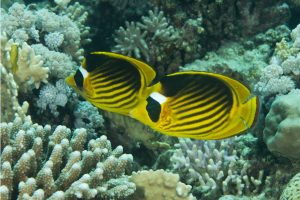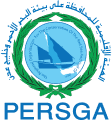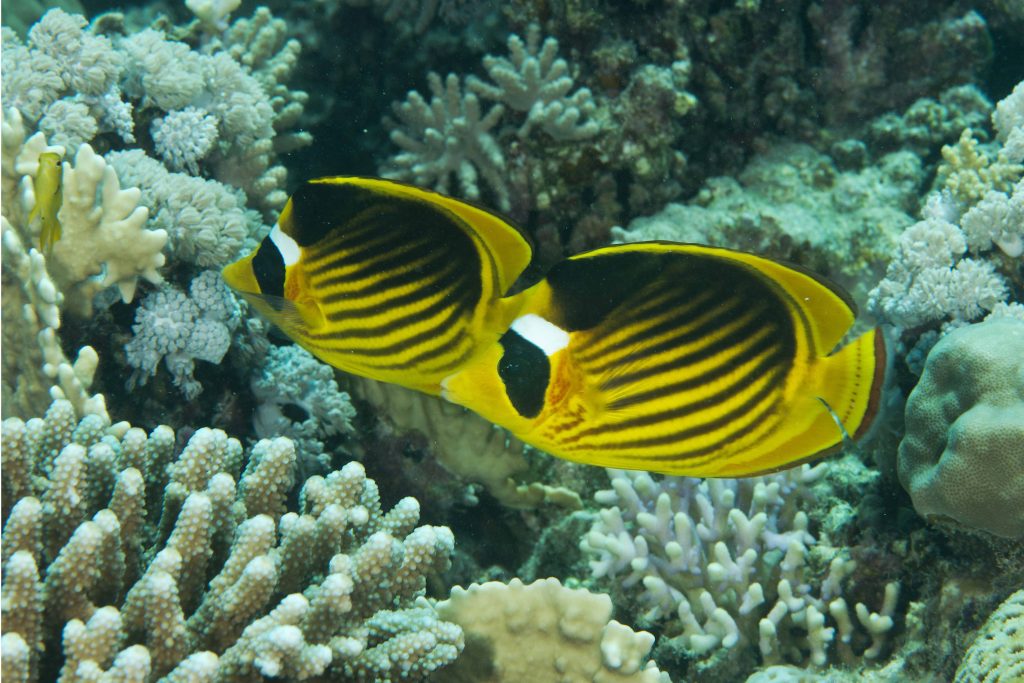In collaboration with the Egyptian Environmental Affairs Agency EEAA, the Regional Organization for Conservation of the Environment of the Red Sea and Gulf of Aden PERSGA organized a National Training Workshop on Environmental Monitoring and Communicating with Stakeholders using the Guidelines of Monitoring Indicators of Wastewater Impact on Coral Reef & Introduction of Online Monitoring of Water Quality in the Gulf of Suez. The workshop took place at the Regional Branch of the EEAA in Suez during the period April 20th – 21st 2016. The workshop came in fulfilment of the strategic planning of PERSGA and the EEAA for conserving of the Red Sea and Gulf of Aden, especially in response to the various challenges that face the Gulf of Suez as a result of heavy land-based activities resulting in a verity of pollution sources.
The workshop benefited from the SEM Project in following the Ecosystembased approach and aimed at promoting awareness of Environmental Monitoring and Communicating with Stakeholders following a practical and effective approach of involving the public and enhancing the community responsibility. The recently prepared manual for Monitoring Indicators of Wastewater Discharge Impact on Coral Reefs was used as training material. The Manual contains five modules demonstrating a scientific model that can be applied in monitoring impacts of wastewater discharge or similar threats to the coastal and marine environment. The workshop also introduced the planned online Monitoring Project of Water Quality in Suez.
The training workshop was attended by about 30 participants representing different National Authorities, Agencies and Stakeholders concerned with industrial, commercial and environmental activities in Egypt. Several aspects of water quality and monitoring techniques have been discussed, including developing monitoring methods, effectiveness of participating of beneficial authorities and the community in monitoring programs and conserving the environment. This two day workshop provided an effective platform for participants to exchange views and expertise on the subject. Participants were provided with full copies of the training materials including PowerPoint presentations and material handouts. The participants expressed their satisfaction with the workshop and indicated that they would be using the material they learned in their job and will be able to spread the information to more colleagues. A set of recommendations has been stipulated at the end of the workshop that would help Egypt in providing more effective protection to the valuable resources of the Red Sea
More to find

National Workshop on Environmental Monitoring and Communicating with Stakeholders Applying …

Consultation Mission in Dungunab and Mukkawar Island National Park Meeting …

Follow up of Monitoring Activities and Procurement of Monitoring Equipment



